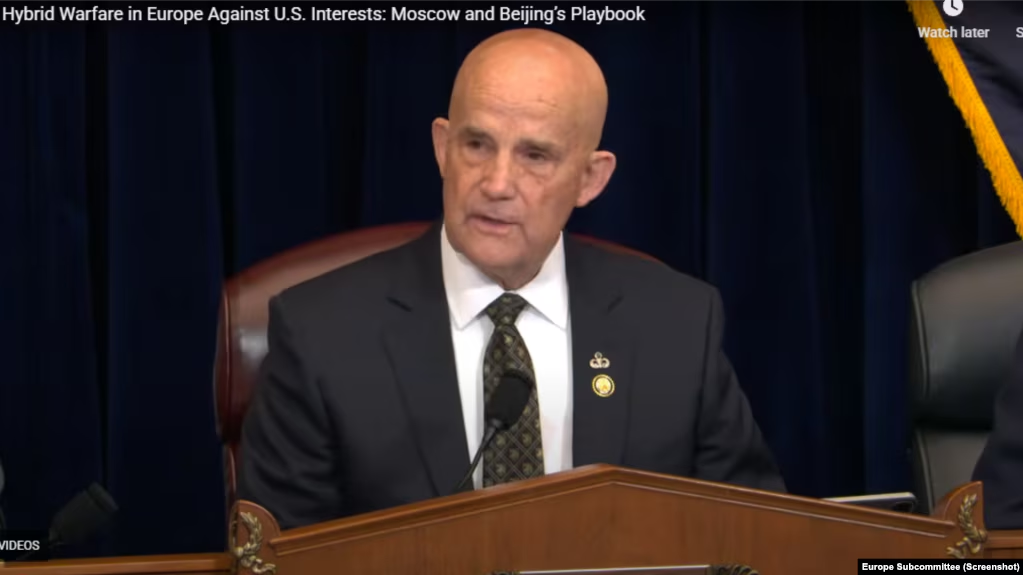2017-02-09
.jpg)
A Chinese Christian choir sings at a Christmas Eve service at a church in Linyi, eastern China’s Shandong province, Dec. 24, 2012.
ImagineChina
Authorities in the southwestern Chinese province of Yunnan have announced they will prosecute a member of an unofficial Protestant church for organizing and taking part in the activities of an “evil cult,” amid a flurry of such charges against Christians in the province.
Tu Yan, a Protestant Christian church member from the central province of Hunan, was initially detained three months ago and denies the charges, saying she is simply a Christian believer.
“This department has found that the evidence supporting the suspicion that Tu Yan used an evil cult to undermine the law is clear, accurate and compelling,” the Dali municipal police department said in a notification to Tu’s lawyer, Ren Quanniu.
“We will be handing this case over to the Dali municipal procuratorate for prosecution,” the statement said.
Ren told RFA on Thursday that China’s state security police had insisted that she be prosecuted on these charges, accusing her of being a member of the Three Teams of Servants Church, regarded as “heretical” by the atheist ruling Chinese Communist Party.
“They are saying that she’s a Three Teams of Servants member, but naturally Tu Yan denies this,” he said. “The state security police were insistent that she be prosecuted on these charges on the basis that she is party of the Three Teams of Servants, which is designated an evil cult.”
Tu’s father Tu Lijun told RFA on Thursday that he had been refused permission to visit his daughter in detention.
“I received a letter from the procuratorate just before Chinese New Year, so I went to the detention center to visit her, but wasn’t able to,” he said.
“I have also been to the police department, where there are two people in charge of her case,” he said.
Ren said he had also been denied permission to meet with his client.
“Back then I applied for bail for Tu Yan, for a second time, but they haven’t approved my application,” he said. “After New Year, I got a phone call from the state security police saying that the case had already been transferred for prosecution, which was followed up with a written notification.”
Ren says he plans to make the trip to Dali to try meeting with Tu again next week.
“Now that the case is with the prosecutors’ office, I can apply to read the case files and make copies,” he said.
Where’s the evidence?
Tu’s sister Tu Kui said the whole family are Christian believers from Hunan’s provincial capital Changsha.
“I want to know what evidence they have,” Tu Kui said. “All they are saying is that it’s about an evil cult, but I want to know what evidence they have to back this up.”
“We have been believers for 20 or 30 years, and nothing like this has ever happened before,” she said.
Tu Kui said a number of other Christians detained in Yunnan on similar charges have already been released.
She said she believes the Yunnan authorities are using her sister as an example to put pressure on other unofficial Protestant “house churches” to register with the government’s Three Self Patriotic Association.
The U.S.-based Christian rights group ChinaAid said 12 Christians were detained last November on the same charges as Tu, but five were later freed. It is unclear whether Tu was among this group.
Four members of the group were formally arrested on charges of “using a cult to undermine the law,” the group wrote in an article on its website, saying the charges were linked their involvement with the Local Church, a Chinese sect of Protestant Christianity.
It quoted one of its defense lawyers as saying that the government had privately admitted that the group hadn’t caused any “harm to society.”
It said Li and seven other lawyers representing the defendants condemned Article 300 of the Criminal Law of the People’s Republic of China, which identifies cult activities as a danger to the state for lacking legal basis.
They argued that the Local Church, as a Christian sect, hadn’t violated any laws.
Tight control over religious practices
China is home to an estimated 68 million Protestants, of whom 23 million worship in state-affiliated churches, and some nine million Catholics, 5.7 million of whom are in state-sponsored organizations.
But the ruling party, which embraces atheism, exercises tight controls over any form of religious practice among its citizens.
The administration of President Xi Jinping regards Christianity as a dangerous foreign import, with officials warning last year against the “infiltration of Western hostile forces” in the form of religion.
Last month, Protestant pastor Yang Hua of the Huoshi church in the southern province of Guizhou was handed a two-and-a-half-year jail term by the Nanming District People’s Court in the provincial capital Guiyang after being found guilty of “revealing state secrets.”
His attorney said the charges were a trumped-up form of political persecution.
For detail please visit here











